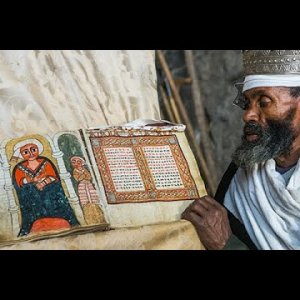Merchants and mercenaries are nomadic to a large degree.
Yes, but the difference is in, say, the women. Are the women the nomads or are the women sedentary?
It would appear that by gender, men are more nomadic than women. The question of Patriarchy and Matriarchy boils down to whether women can play an economic role. In the former, their role is miniscule.
Is their private ownership in a matriarchy or is property held in common or by a group?
What you've described to me is a custom of inheritance.
My question concerns the tenure of land.
I would think that it's variable and dependent on the development of the town.
We know, for instance, that some modern African villages have communal ovens and houses with limited space for anything beyond sleeping.
We know of other villages with communal housing among a maternal family line.
But the distinction isn't so rigid against Patriarchy. It's just Patriarchy shares between Father and Son; whereas Matriarchy shares between Mother, Daughter and Uncle, Nephew.
What evolves socially from this will inspire property ownership.
For instance, if the whole village claims descendants from a common Matriarch, then by inheritance, their property is in common.
Just like in a Monarchy of the Northern region, if the whole village claims a descendants from a common Patriarch, then by inheritance, their property is the legitimate heir's.
One thing that's notable is that some African townships spent most of their time in public. So the argument of private/public property isn't akin.
More, say, you hunted in a group, but you weren't the successful hunter (though you tried.) You'd still eat. Or say you were injured. You'd still be rehabilitated. The 'private' mentality wouldn't be that level of development. In fact 'private' isn't seen in a Patriarchy's low development either: for instance, what you ransack is due the Patriarch.
I would venture to say that things are more communal, but it may not easily be understood. Life is very different in an African village. It's not like the "Communism" that Europeans spout where you're in your home all day then the Government enters to divvy your earnings. It's more like your outside all day and you and others conspire together to develop your society, giving freely to your Matriarch or the general social welfare.
Like--in some cultures, when someone gives birth, and the child survives long enough, a general party is held and the family is gifted with trinkets of well-being. Down the line, your family is gifted too.
Or say someone is sick and the remedy is on your shelf, you freely give it. The same around.
Or say you become a medicine person, people compensate you for not farming but being medically oriented. You reward with medicines.
It's a different lifestyle and the dichotomy presented in a Patriarchy won't give it justice IMO.
Does that answer your question?
Is there a reason you wanted to know?





 .
.